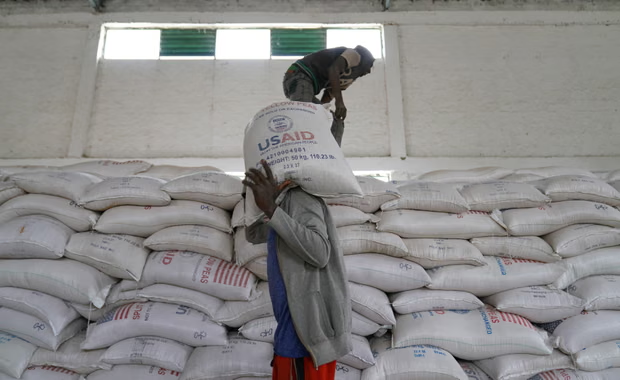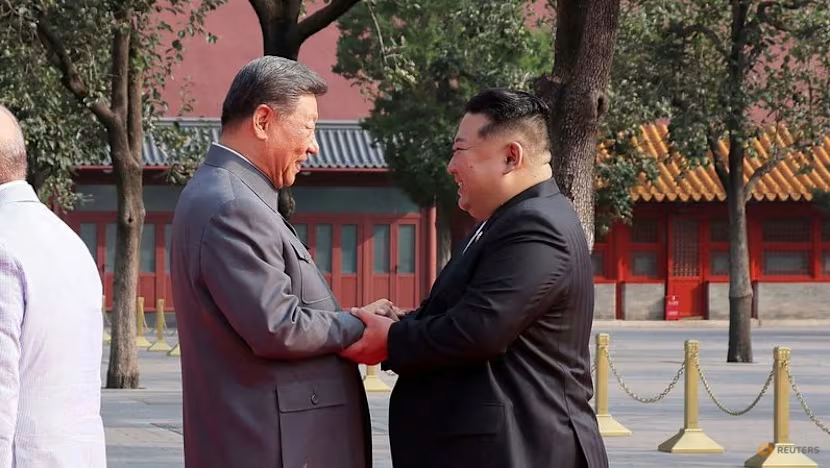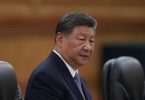WASHINGTON (AP): The Trump administration must release billions of dollars in foreign aid approved by Congress, including money that Donald Trump said last week he will not be spending, a federal judge has ordered.
US District Judge Amir Ali in Washington ruled on Wednesday that the move by the Republican administration was probably illegal and issued a preliminary injunction ordering the release of $11.5bn that is set to expire at the end of the month.
“To be clear, no one disputes that defendants have significant discretion in how to spend the funds at issue, and the court is not directing defendants to make payments to any particular recipients,” wrote Ali, who was nominated by Joe Biden. “But defendants do not have any discretion as to whether to spend the funds.”
Messages to the White House and state department were not immediately returned. The administration filed a notice of appeal on Thursday.
Trump told Mike Johnson, the House speaker, in a letter on 28 August that he would not spend $4.9bn in congressionally approved foreign aid, in effect cutting the budget without going through the legislative branch.
He used what is known as a pocket rescission. That is when a president submits a request to Congress toward the end of a current budget year to not spend approved money. That late notice means Congress cannot act on the request in a required 45-day window and the money goes unspent as a result with the fiscal year drawing to a close at the end of September. It is the first time in nearly 50 years a president has used the tactic.
Ali said Congress would have to approve the rescission proposal for the administration to withhold the money.
The law is “explicit that it is congressional action – not the president’s transmission of a special message – that triggers rescission of the earlier appropriations”, he wrote.
The money at issue includes nearly $4bn for the US Agency for International Development to spend on global health programs and more than $6bn for HIV and Aids programs. Trump has portrayed the money as wasteful spending that does not align with his foreign policy goals, and in January, issued an executive order directing the state department and the USAID to freeze spending on foreign aid.
A divided panel of appeals court judges ruled last month that the administration could suspend the money. The judges later revised that opinion, reviving the lawsuit before Ali.
In his ruling, Ali said he understood that his decision would not be the final word in the case, adding that “definitive higher court guidance now will be instructive”.
“This case raises questions of immense legal and practical importance, including whether there is any avenue to test the executive branch’s decision not to spend congressionally appropriated funds,” he wrote.







